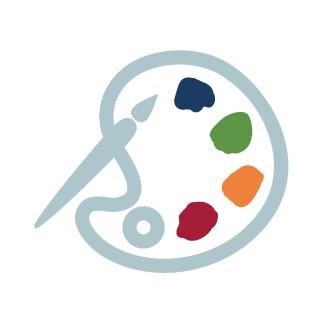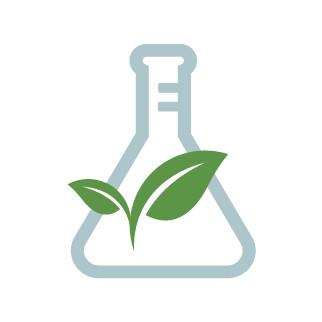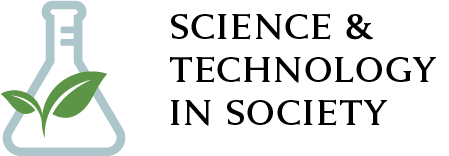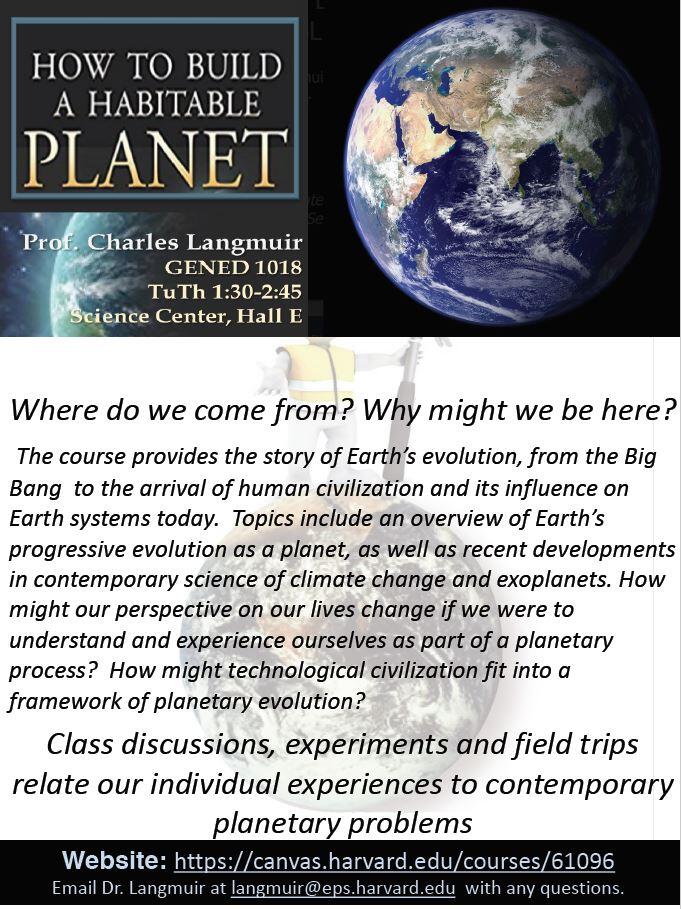Science & Technology in Society
Science and Technology in Society courses explore scientific and technological ideas and practices in their social and historical contexts, providing a foundation to assess their promise and perils. STS courses engage students in the practice of science, not just the study of scientific findings.
In STS courses, students do one or more of the following:
- Engage in scientific methods of inquiry, such as theoretical framing, structured observation or experimentation, and quantitative analysis.
- Examine the influence of social, economic, cultural, and political factors on science and engineering.
- Analyze the ethical, social, and political implications of scientific and technological ideas and practices, including their potential and risks.
The following courses fulfill the Science & Technology in Society requirement
Gen Ed Categories

Aesthetics & Culture
Aesthetics & Culture courses foster critical engagement with diverse artistic and creative endeavors and traditions across history and geographical locations, helping students situate themselves and others as participants in and products of art and culture.
In A&C courses, students do one or more of the following:
- Explore how aesthetic objects and practices affect our senses, emotions, and thoughts, and invite our interpretations.
- Engage directly with aesthetic objects, practices, and texts, broadly conceived, to develop students’ skills of close reading, listening, and observation and to support analysis of the production and reception of these objects in their cultural contexts.
- Engage in critical analysis of artistic and cultural production from a variety of approaches, including art-making, hands-on, or participatory/experiential assignments.
- Examine the roles that artistic and creative endeavors play in shaping and reshaping societies.

Ethics & Civics
Ethics & Civics courses examine the dilemmas that individuals, communities, and societies face as they explore questions of virtue, justice, equity, inclusion, and the greater good.
In E&C courses, students do one or more of the following:
- Analyze the foundations and ramifications of diverse modes of ethical inquiry and practice.
- Situate ideas about ethics and civic engagement in their historical, cultural, and social contexts.
- Explore real-world ethical questions, ranging from problems in individual lives to the challenges of meeting civic responsibility at local, national, and global levels.

Histories, Societies, Individuals
Histories, Societies, Individuals courses explore the dynamic relationships between individuals and larger social, economic and political structures, both historically and in the present moment.
In HSI courses, students do one or more of the following:
- Examine change over time to understand the historical origins of the contemporary world.
- Analyze the interplay between individuals, groups, and larger social, economic, and political structures in the making of the modern world.
- Compare societies across time and space to broaden students’ understandings of the complexities of global experiences.

Science & Technology in Society
Science & Technology in Society courses explore scientific and technological ideas and practices in their social and historical contexts, providing a foundation to assess their promise and perils. STS courses engage students in the practice of science, not just the study of scientific findings.
In STS courses, students do one or more of the following:
- Engage in scientific methods of inquiry, such as theoretical framing, structured observation or experimentation, and quantitative analysis.
- Examine the influence of social, economic, cultural, and political factors on science and engineering.
- Analyze the ethical, social, and political implications of scientific and technological ideas and practices, including their potential and risks.





